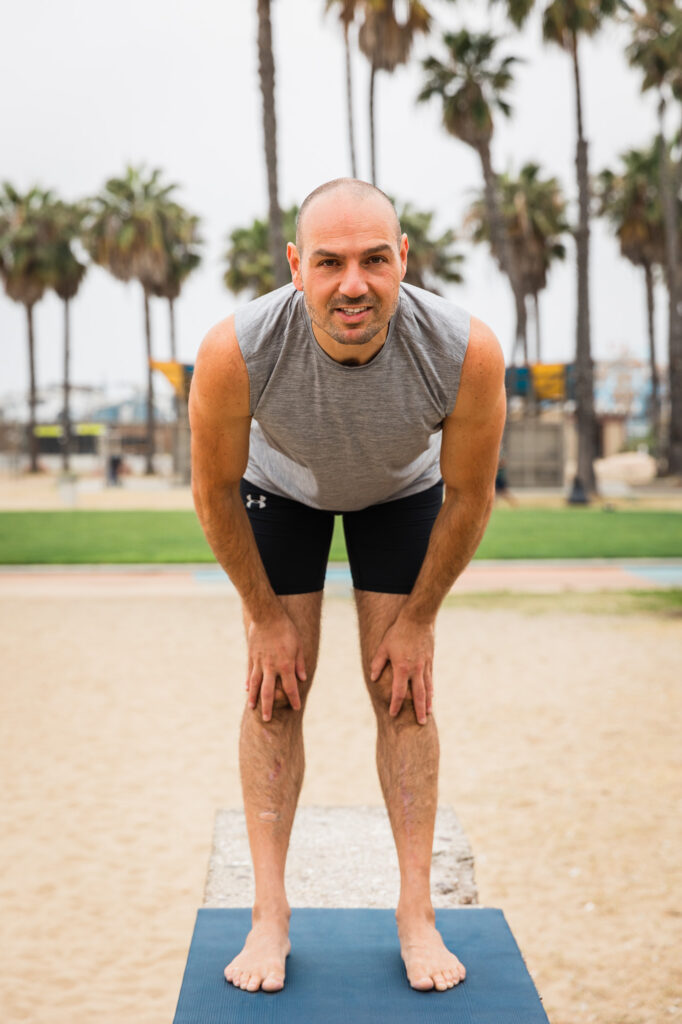Posterior Pituitary Hormones
The posterior pituitary produces ADH and Oxytocin. Please review the endocrinology of the hypothalamus and the pituitary gland if any of this is unfamiliar.
Antidiuretic Hormone (ADH; Vasopressin)
The posterior pituitary produces this hormone and causes the kidneys to reabsorb water. Under a dehydrated state, the posterior pituitary sends ADH to tell the kidneys to retain the water.
When a person doesn’t produce enough ADH, this deficiency is called diabetes insipidus. Diabetes mellitus is due to an issue with the pancreas not producing enough insulin. Both of them have the same name diabetes in it but the treatment is totally different because the cause is different. The treatment of diabetes insipidus is treated with a replacement of synthetic ADH.
All the drugs that end in -pressin are used to treat diabetes inspidus.
Oxytocin
Oxytocin causes contraction of the uterus during labor and at the end of labor, it causes the production of prolactin so that lactation could take place. We have a drug called oxytocin to induce labor in case it’s not happening naturally. If tests are being done and it shows the fetus is under stress or it’s way passed the due date, we may hang an IV infusion of oxytocin to make the uterus contract.
Oxytocin is also used after the baby is born, to get a final contraction, and that stops the bleeding from the uterus. The infusion of oxytocin is the most painful type of labor (without an epidural, of course).
Posterior Pituitary Agents
- Desmopressin (DDAVP) – inhal
- Vasopressin (Pitressin) – inj.
- Oxytocin (Syntocin) – inj.






